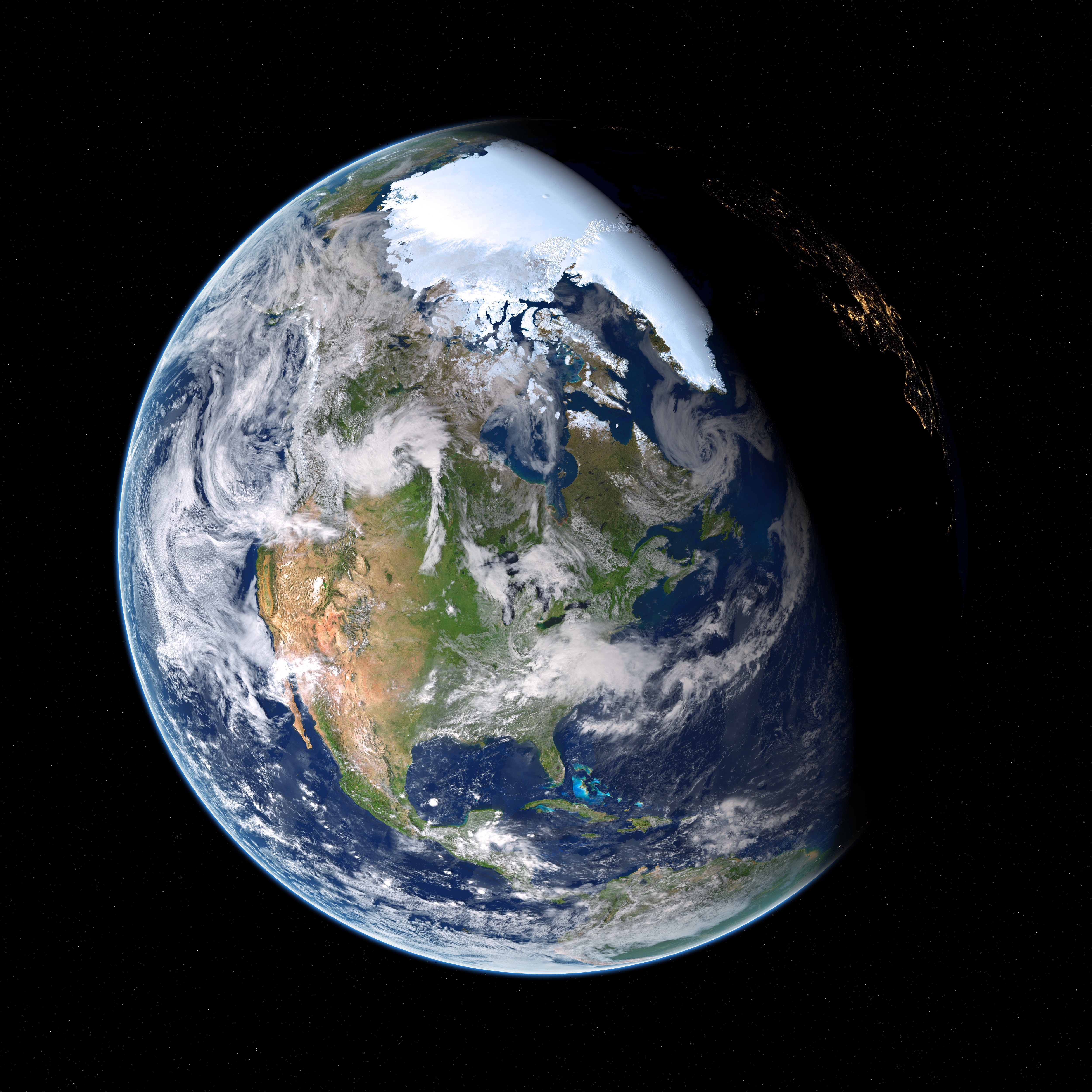If we want to act without damaging our environment, we need good information about how our actions will impact it. To make effective decisions about what to consume to stay healthy, we need good information about how our bodies will react to food and medicine. “Science” is the logical pursuit of answers to our factual questions, and provides a valuable means of evaluating the quality of the information we rely upon. Too often, however, scientific information and research is suppressed to protect various ideological, political or financial interests. When this happens, we are deprived of the information we need to make effective decisions.
The impulse to stifle scientific speech is not a recent development. The censure (and imprisonment) of Galileo by the Catholic Church during the Inquisition for his theory that the sun, not the earth, was the center of the universe and, later, Stalin’s brutal repression of scientific inquiry in the totalitarian Soviet Union, are but two examples of the long history of suppression of scientific thought.
Even a democracy such as ours has experienced tension between the oft competing aims of the scientific community and our political leaders, as evidenced, for example, by Nixon’s frayed relationship with his science advisors and Reagan’s bitter reaction to the scientific community’s skeptical evaluation of his Strategic Defense Initiative.
It is rare that science is overtly censored by government in the U.S. (though it does happen – see the NCAC’s in-depth reports on censorship of Science during the Bush administration). More often scientific research is distorted, discouraged, and silenced in subtler ways. Nevertheless, the final result is suppression of vital information and sometimes a violation of the public’s right to know.


